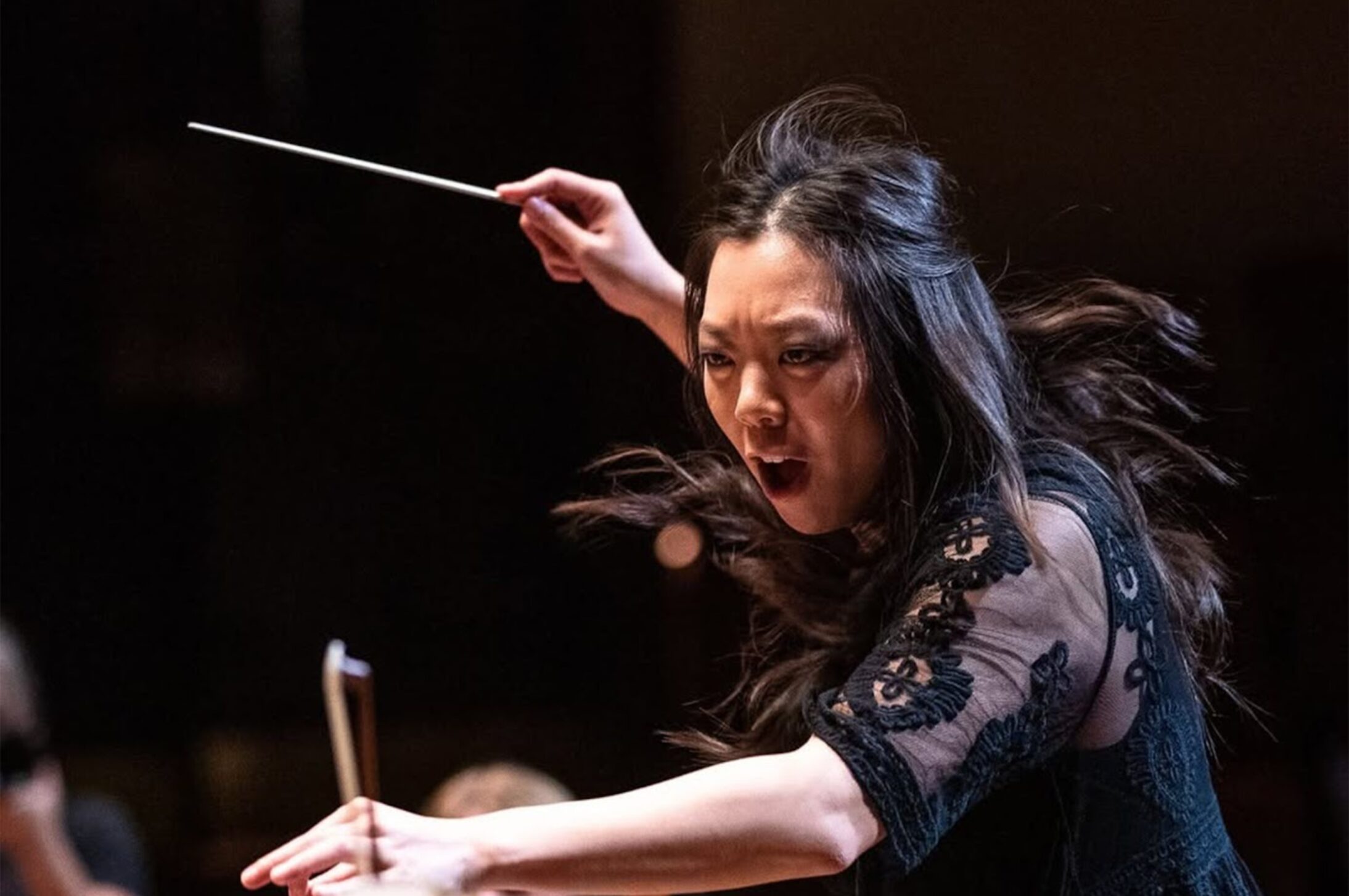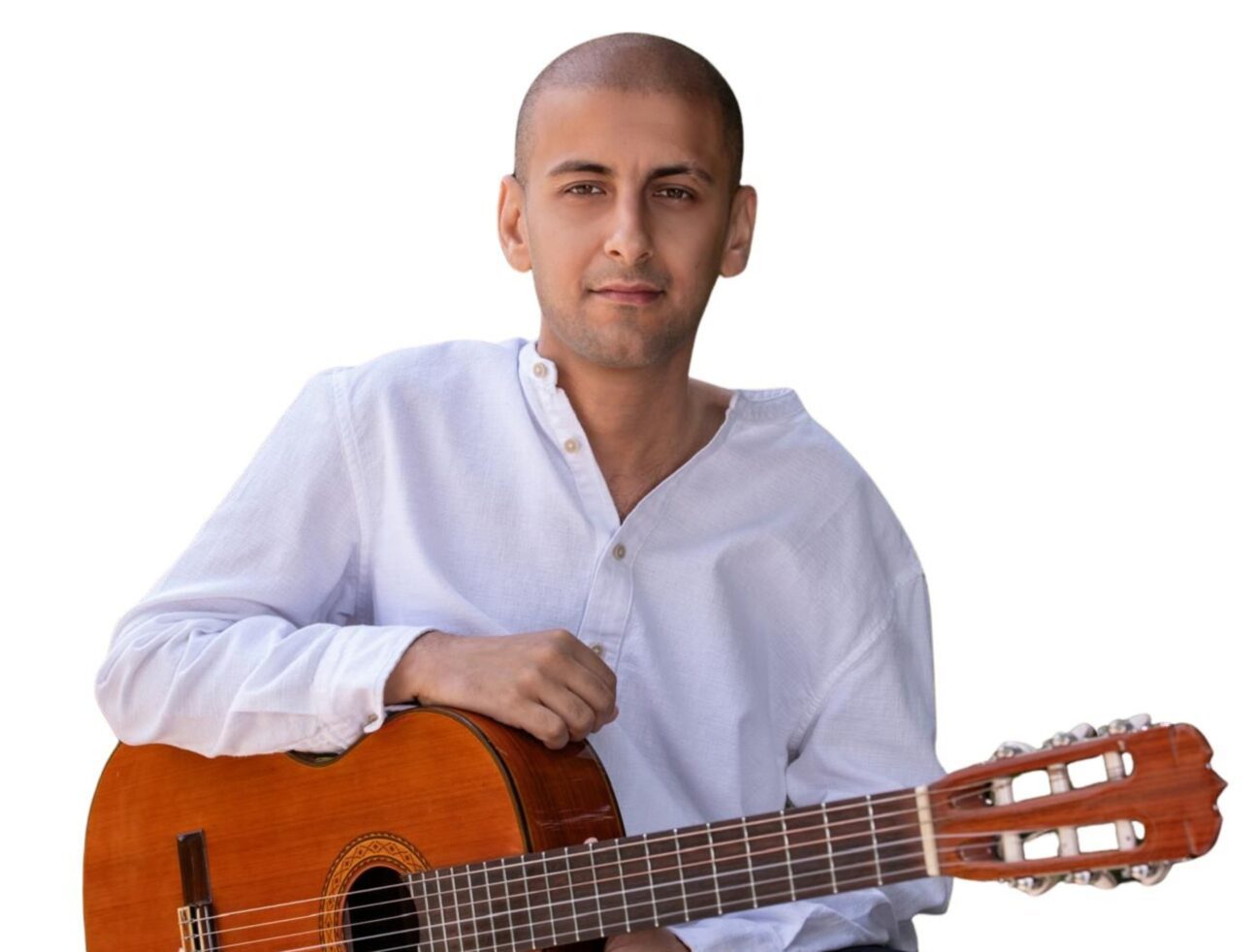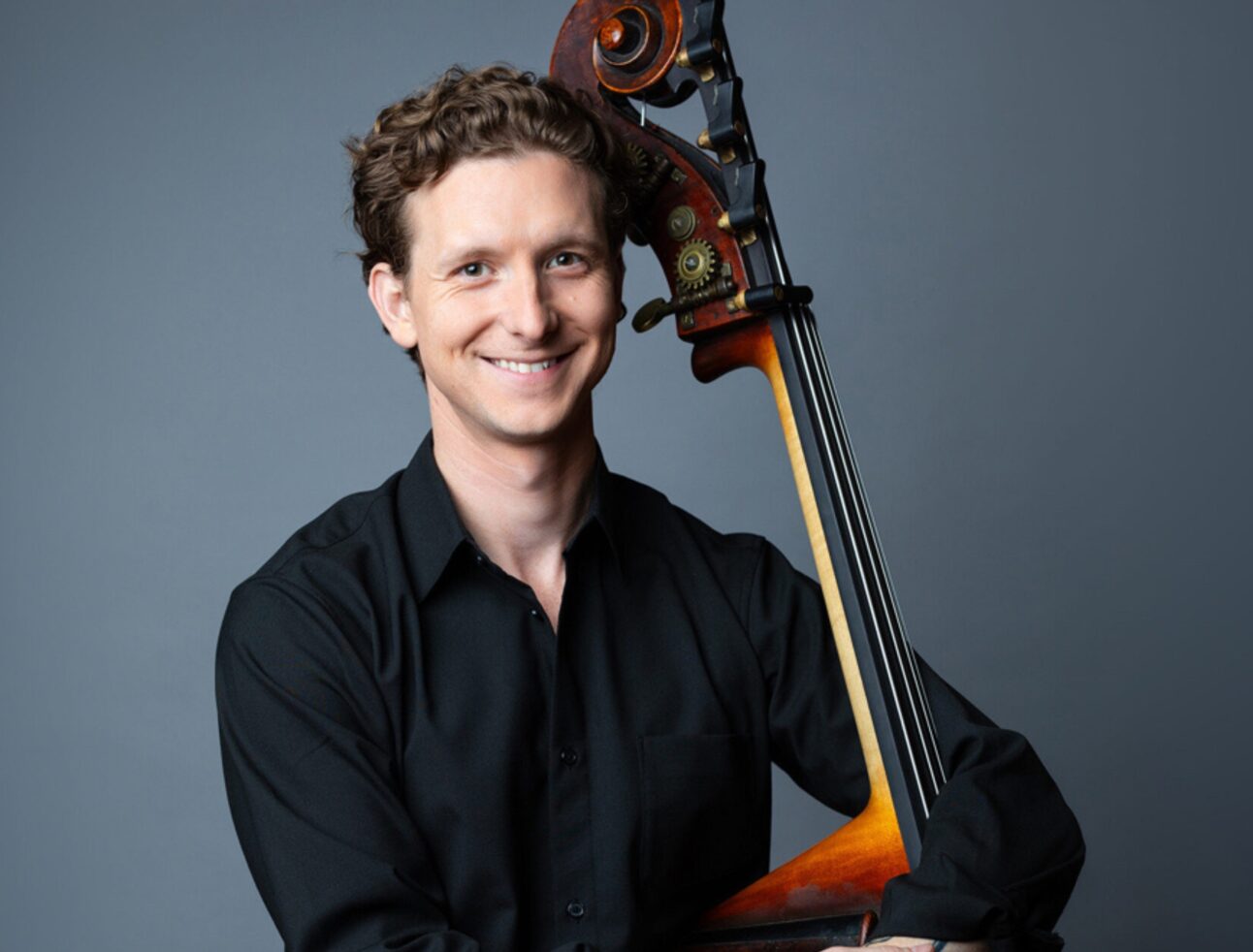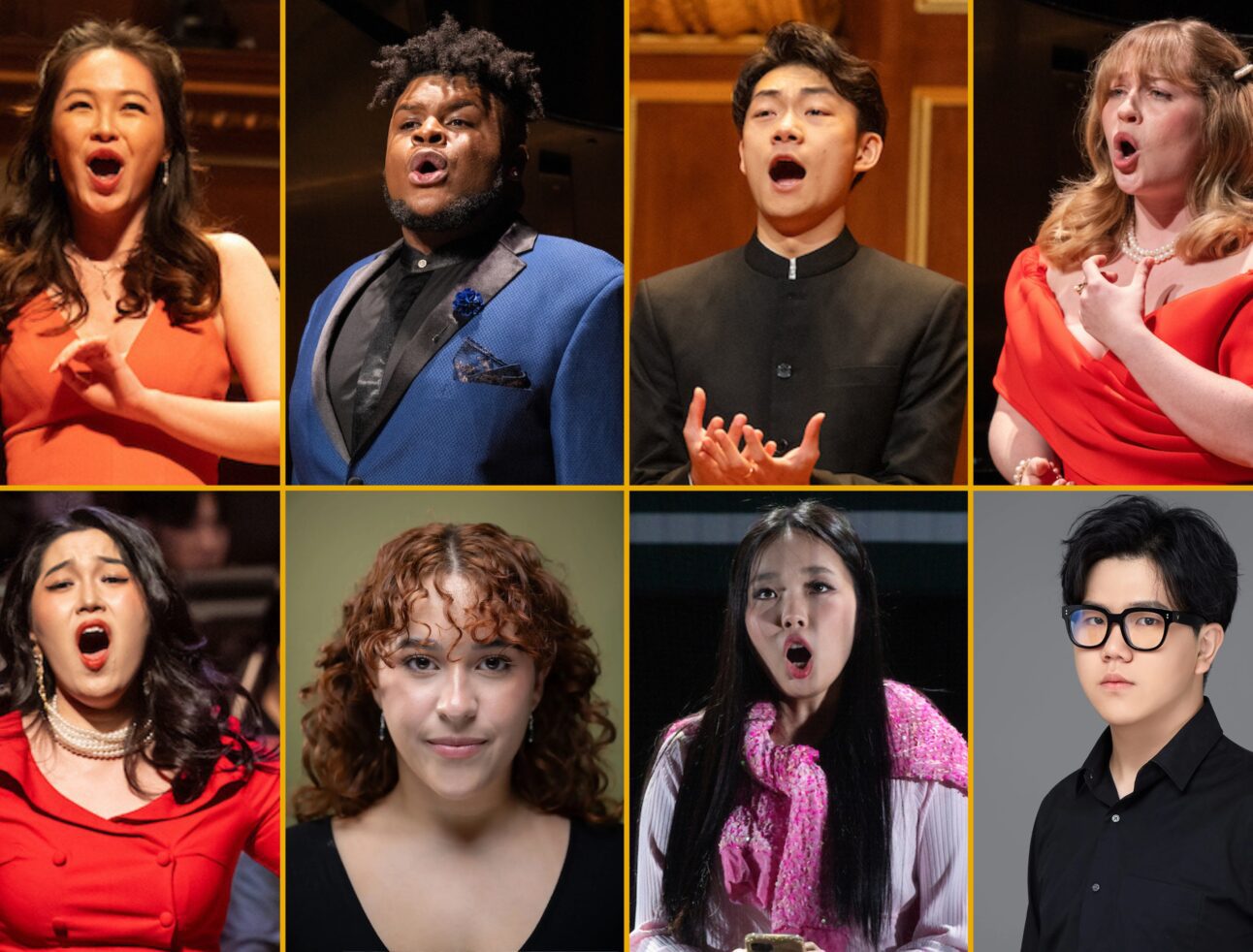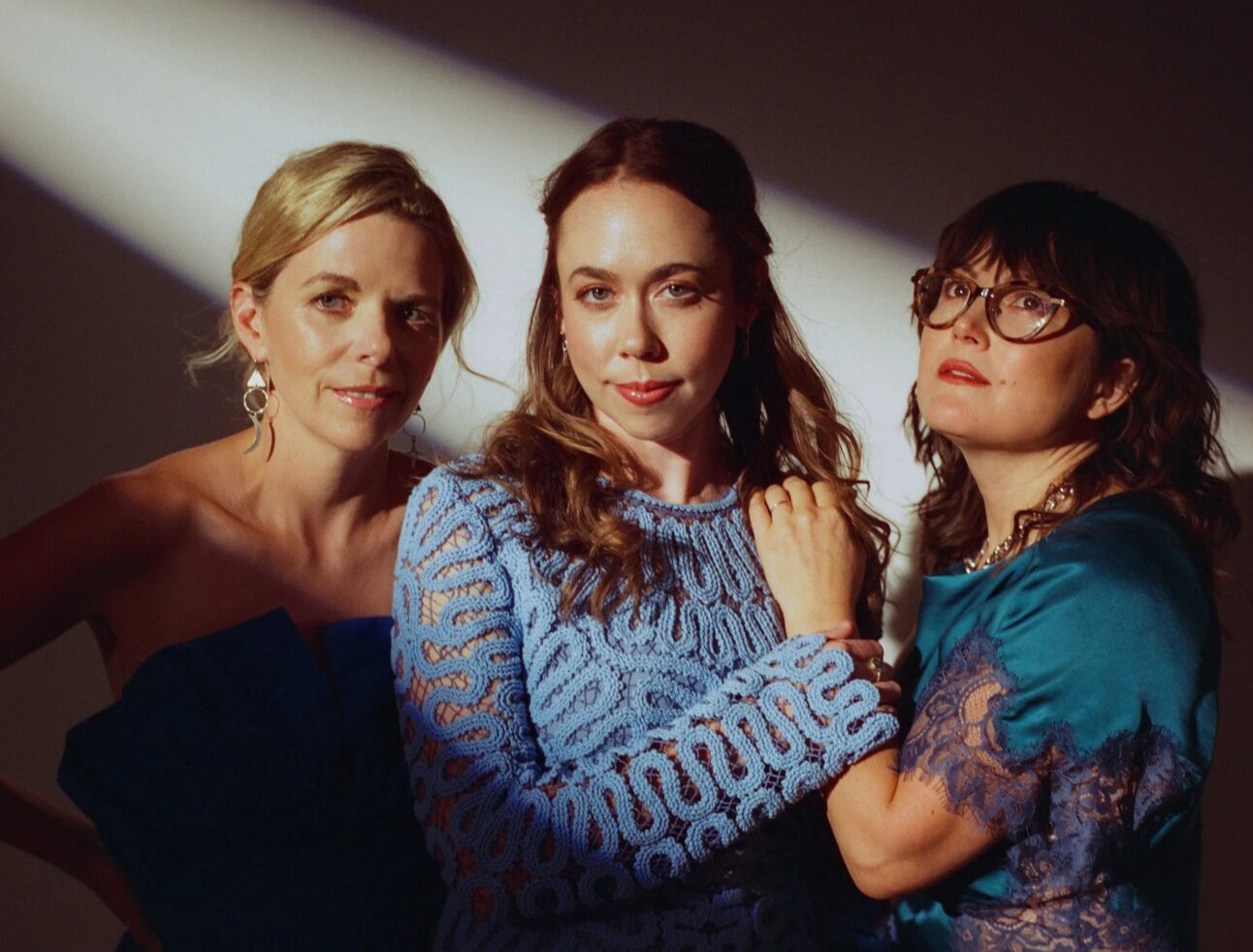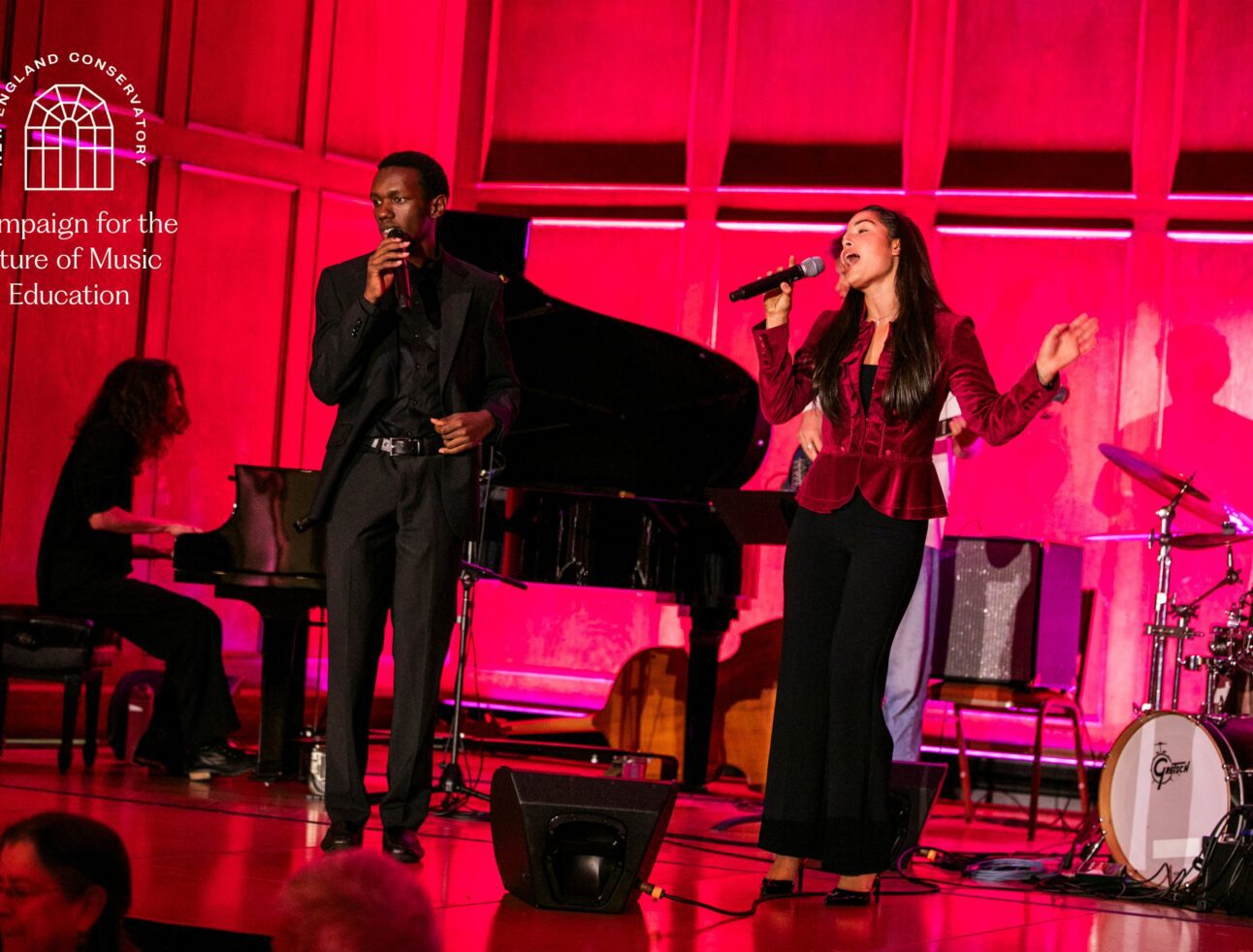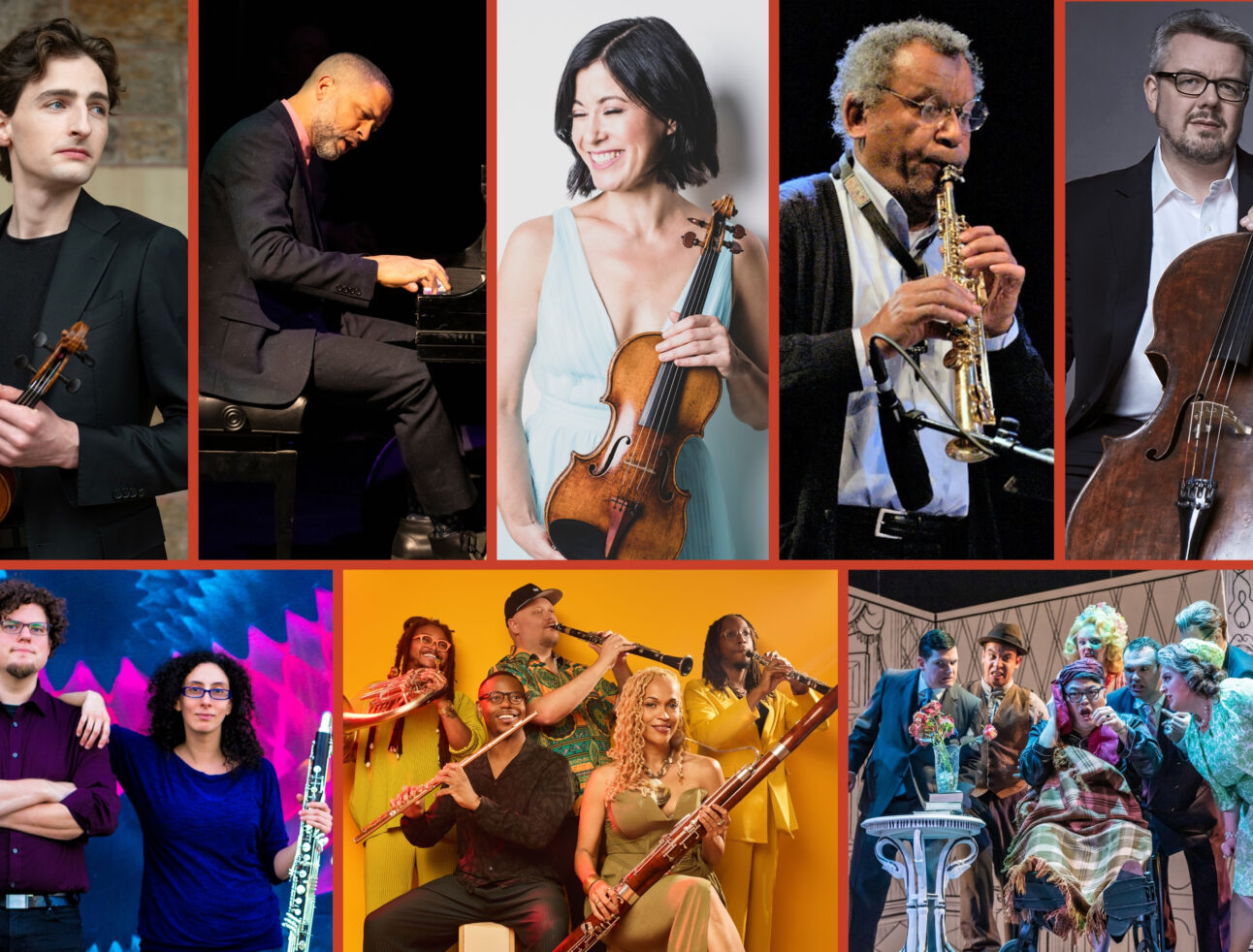In July and the beginning of August, Alyssa Wang ’19 MM will lead NEC’s monthlong Summer Orchestra Institute, which she’s described as a “crash course” that’s “as close to a professional timeline as any youth orchestra will get.” Wang, an accomplished violinist, conductor, and composer, recently spoke with us about the overarching lessons she learned at NEC, teaching on the podium, collaborating with artists who work in different disciplines, and the mission of the Boston Festival Orchestra, an organization she formed in 2020 with clarinetist Nicholas Brown ’19 MM.
Q: Last year you described the Summer Orchestra Institute as a “crash course” that’s “as close to a professional timeline as any youth orchestra will get,” in terms of a typical performance cycle. What beyond that aspect of the orchestra musician’s life is important to impart to participating students?
A: SOI is a great opportunity for students to learn the essential tenets of orchestral playing — how to listen, react, collaborate, prepare, and uphold ensemble etiquette. While we move quickly from week to week, the fundamental skills we develop carry into every new piece and beyond. Playing in an orchestra is more than just executing notes on the page, and SOI is where we learn to go beyond the ink together.
Q: You played in the San Francisco Symphony Youth Orchestra and can relate in that way to students in the SOI. What do you learn today working with younger musicians?
A: I love working with youth orchestras because so many students are encountering these staple pieces in the repertoire for the first time. As a conductor, I have to really put myself in their shoes and make sure that I’m giving them all the tools they need to have a good first experience. Even if it’s not their first time with the piece, I try to go beyond simply giving musical directives. In these settings, I’m a teacher first, conductor second. Working with young musicians has really trained me to identify the root issues in the music — a diagnosis and a cure, rather than a Band-Aid. When you identify the underlying musicianship problem, everything else tends to fall into place — and it empowers the players to grow independently.
Q: How do the practices of performing, composing, and conducting inform one another — and do you have to get into a different headspace for each practice?
A: For me, everything stems from being a violinist. My understanding of conducting and composing is rooted in my experience as a player. It’s easier to lead when you know what it feels like to be led, and easier to write idiomatically when you know what it feels like to play it. As far as headspaces, I definitely need to get into different modes of work in order to prepare properly. Violin practice is physical and routine-driven — so I prioritize smart practice, repetition, and maintenance, because the technique is so unforgiving. For conducting, it’s about problem solving on an intellectual level. I dig into the score, play through the parts, and make hundreds of decisions before stepping on the podium. Composing is the outlier. It’s an uncomfortable space for me, mentally and emotionally. My method is all over the place. It’s a lot of staring at the wall, improvising aimlessly, and throwing away bars that I’ve written the previous day. While the process is agonizing, I feel as though I have the finished product buried deep in me somewhere. And it’s through sheer will that I pull the piece out of me.
Q: How does collaborating with artists who work in other disciplines — dancers, for example — inform your work as a musician?
A: I love this question! I’ve been a ballet conductor for four years, and as I move to my new role as music director with the Cincinnati Ballet, I’m excited to dive even deeper into the world of dance. I think it’s incredibly inspiring and artistically useful for musicians to interact with other creative sectors because it really opens your world to different approaches to performance and process. I’ve learned so much from ballet dancers because they’re just so hardcore. They put everything on the line when they perform, at the expense of their own bodies. It’s commitment like I’ve never seen. That kind of physical and emotional intensity has deeply inspired me, both in performance and in preparation. It’s pushed me to take more artistic risks and to be smarter and more sustainable in how I work.
Q: The focus of the Boston Festival Orchestra is accessibility and impact in the community. What would you say to prospective students, students, and alumni about the importance and value of having an impact in one’s community?
A: When Nicholas Brown and I founded the Boston Festival Orchestra, we felt a deep need to create classical music experiences that deeply resonated with people, especially those who knew absolutely nothing about classical music. Accessibility, to us, isn’t just about ticket price — it’s about emotional and cultural accessibility. We all know how powerful classical music can be, but it’s not always obvious to a newcomer. It’s our job to help bridge that gap and give audiences the tools to connect. Today, I don’t think it’s enough to just walk out on stage, perform, and leave. Engagement matters. Context matters. From day one, the BFO has prioritized interaction and storytelling — and it’s made a difference. We went from a pandemic-restricted audience of 180 to selling out Jordan Hall in just four years.
Q: What from your experiences at NEC do you carry into your various artistic pursuits?
A: NEC was a hub of inspiration and intensity. Being surrounded daily by such talented musicians and teachers pushed me to grow, fast. It was a place where accountability was constant — weekly lessons, master classes, competitions, all driving me to be my best. One of the most important things I took with me was how to hold myself accountable — to be my own teacher. That mindset made the leap into professional life feel much more grounded.
Q: What are you writing (in terms of music and/or words), reading, watching, and listening to lately?
A: Right now I’m working on two composition projects: a duet for violin and dancer, commissioned through New Music USA, and an octet for the Boston Chamber Music Society, set to premiere in May 2026. Outside of music, I recently read The Tyranny of Merit: What’s Become of the Common Good? by Michael Sandel, a book that really made me reflect on the ideas of success and fairness in our field and beyond. I’ve also been on a Conan O’Brien YouTube binge lately that’s kept me entertained in the small minutes between tasks!
